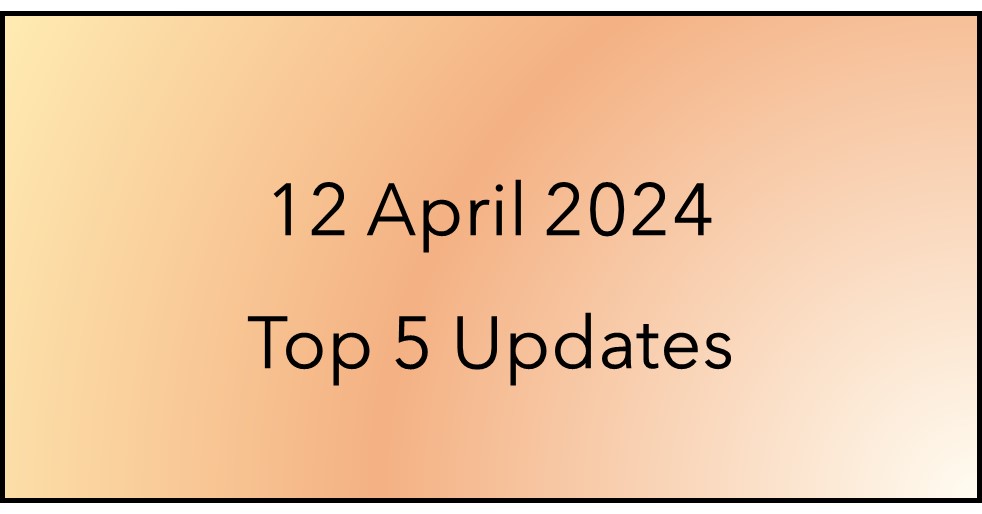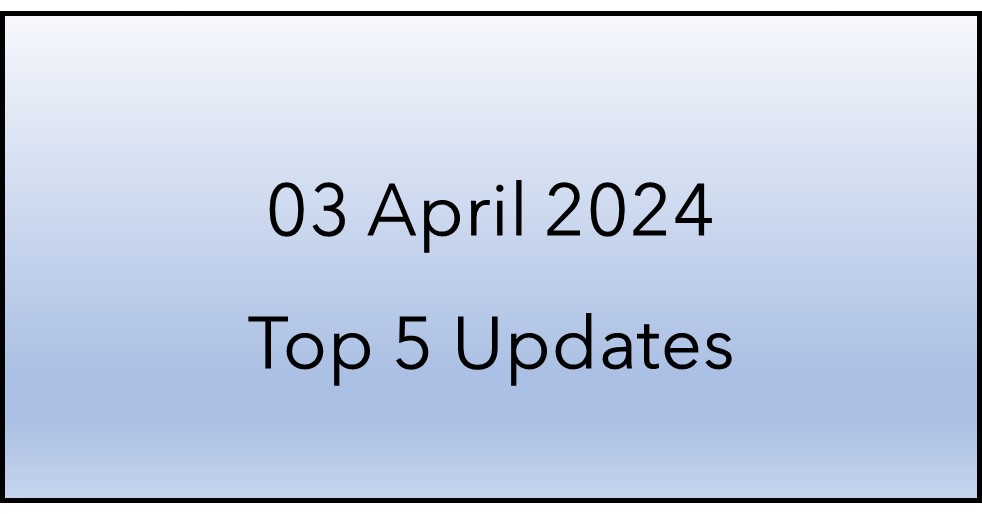Dear Reader, We are happy to share the most interesting legal and policy updates concerning health industry that we read today. We hope you enjoy reading it.
Manufacturers of tobacco products required to register their packing machine(s) with tax authorities
India’s Central Board of Indirect Taxes and Customs (CBIC) has postponed the timeline for manufacturers of tobacco products such as pan-masala, chewing tobacco, smoking mixtures, etc. to report their production capacity. CBIC had in January this year announced that producers must register their filling and packing machines and report these details. The measure was set to be implemented from 1st April 2024. However, the new effective date for implementation of the timeline is now 15th May 2024.
Source: bit.ly/3xz7400
NPPA releases draft ceiling price calculation sheets of seven scheduled formulations
The National Pharmaceutical Pricing Authority (NPPA) has published a preliminary calculation of ceiling prices for seven drug and vaccine formulations, inviting feedback from stakeholders within a ten-day period. These ceiling prices have been adjusted to reflect the minimum and maximum market prices of the products, in accordance with the updated Schedule I of the Drugs (Prices Control) Order, 2013, aligning with the National List of Essential Medicines (NLEM), 2022. The move shall be affecting major pharmaceutical giants in the business of ORS, vaccines and more.
Source: bit.ly/3UhjK4J
High Courts should interfere only when the case in lower court was decided by fraud or collusion: Supreme Court of India
While deciding an appeal against the order of the High Court, the Supreme Court of India observed that the High Court should apply care and caution while entertaining the petitions under Article 226 of the Constitution. The Court further explained that, in case of an already available alternative statutory remedy, the High Court should interfere in the matter only when the case is decided by fraud or collusion, otherwise an order in the same matter by the High Court will mean reopening the issues that have achieved finality.
Source: bit.ly/4cNGwIJ
Goa FDA to get the status of “US FDA observer” amid surge in increase in retail and wholesale licenses
The Goa Food and Drug Administration (FDA) has been extended the invitation to participate as “FDA observer” for inspections conducted by the USFDA India Office. This development came as a result of increase in retail and wholesale licenses issued by Goa FDA and their familiarity with the US FDA’s inspection process.
Source: bit.ly/3UfqIHq
Rejecting apology of the Directors of a Company for misleading advertisements, the Supreme Court sets caution for FMCG companies
Observing caution for fast-moving consumer good (FMCG) companies, the Supreme Court of India has refused to accept an apology from a major Indian Ayurvedic medicine manufacturer for misleading advertisements regarding its products in contravention of an undertaking provided to the Court. The Supreme Court stated that misleading advertisements by FMCG companies result in deceiving innocent consumers and play with public health.
Source: bit.ly/3PYqoKq








